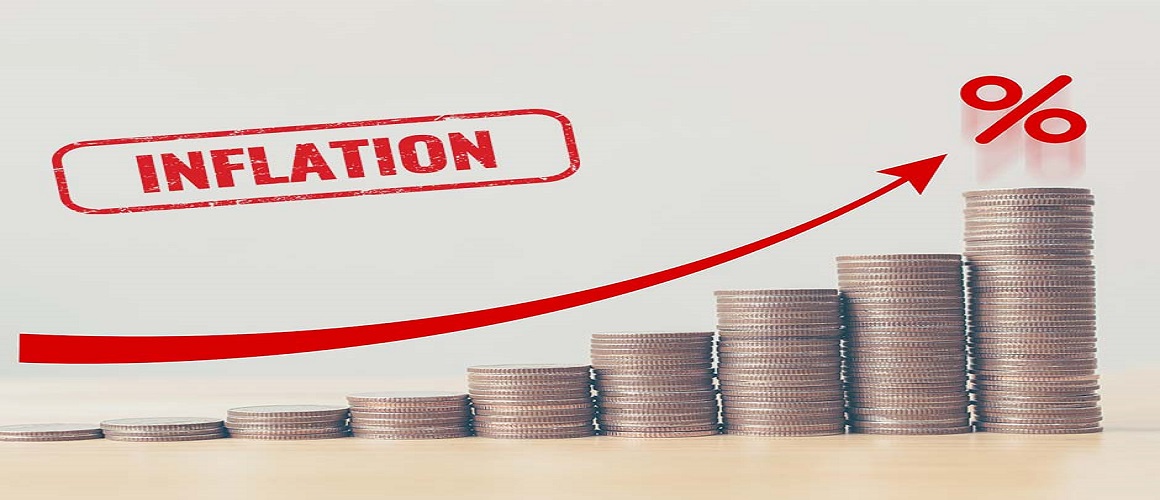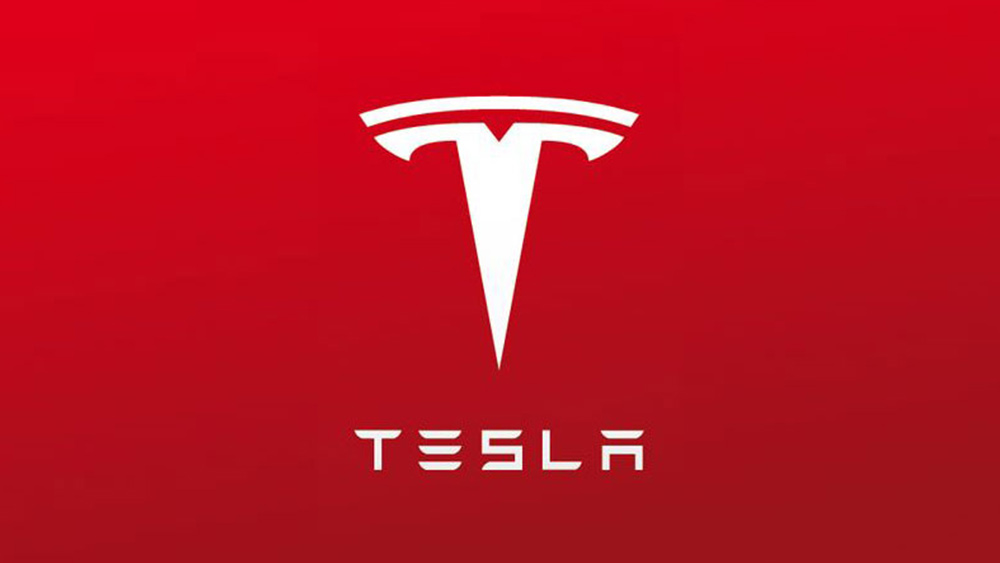Is Blockchain Market Equipped and Ready to Take Over the Economy?
by Indira
08/08/2022 4 min read

With the rise of new developments in technology, blockchain is beginning to take over the major business sectors with its varied utilities. But how does blockchain work? Let’s understand what a blockchain is first. Blockchain is a decentralized ledger used for secure transactions between untrusted parties. It stores the data in a database which is shared among peers in a block over a chain network. This ledger acts as a reservoir of transaction data between two parties and it is shared among a network of peers to make it secure and fraud-proof. All sectors of the economy, giants and startups alike are gradually starting to use blockchain technology to prevent fraud, track records and transactions, file claims, and much more.
Blockchain is highly adopted by sectors that are making their foothold in the metaverse. With the rise in virtual reality, a decentralized and distributed ledger network is of paramount importance.
What Does the Competitive Analysis Say about the Blockchain Market?
The global market size of Blockchain Technology is currently USD 5.92 billion. On SkyQuest’s analysis, it is observed that while blockchain is adopted by various sectors of the economy, the financial services segment is dominating the market since 2021. It accounts for more than 38% of the global revenue of blockchain technology. Healthcare follows behind with around 15% of global revenue, transportation and logistics account for around 13%, and government around 10%. Financial services are accounting for more and more use of this technology as it is highly compatible with the industry’s ecosystem, the rise of cryptocurrencies, quick and easy translations, elimination of paperwork, reduction in the cost of ownership, and so on.

The retail industry, especially those focusing on luxury items has found blockchain technology to be helpful in the way it stops the entry of fraudulent products into the market. Besides, this technology gives relief from the endless paperwork, making it a hassle-free process for any transaction. One such example is IBM’s TrustChain. It makes sure that with the use of this blockchain the supply chain is fraud-free. It can be tracked by the unique code when jewelry is being transferred from the mine to the store. This code allows the product to be tracked with its provenance starting from the country of origin to the seller and further to resellers.
Need help in effectively using blockchain technology to align your business strategies? Click here to get a tailored report today.
How Is Blockchain Technology Faring in the Market?
SQ’s analysts found that the Blockchain market experienced a CAGR growth of 39.3% from 2015 to 2021. The Blockchain market was valued at USD 4,900 million in 2020. From studying the trends, it is expected to reach a value of USD 70,100 million by 2027, at a CAGR of 50.50% from 2020 to 2027. It is expected that by 2030, blockchain will have enhanced around 40 million jobs. Observations say that it has the potential to add USD 1.76 trillion to the global economy by 2030. It is expected that North America will lead the market in holding the largest share of global blockchain technology. As blockchain provides increased transparency in supply chain management, by the end of 2022 it is excepted to account for a 28.4% share of this technology. US is focusing on developing BFSI, healthcare, transportation, and logistics industries sectors which are constantly driving the blockchain market growth in the country.
However, in October 2021, Bitcoin, the application synonymous with blockchain technology, surpassed a $13,745 threshold. This matched its previous peak of $13,970 in June 2019. This resulted in scaling issues owing to a massive number of transactions. This gave an insight into how the rampant growth in the number of transactions led to a damper on the growth of the market.
Now, let’s look at the venture capital investments in this technology where crypto companies are concerned. The crypto company startups saw a decline in funding of nearly 26%, which fell to USD 9.3 billion in 2022 as compared to that of USD 12.5 billion. However, there was a mismatch as the deals increased from 456 to 534. While total investments in the first quarter were USD 5.1 billion, they plunged to USD 4.2 billion in the second quarter. This gives an idea of how crypto startup funding is faring as in all most across various sectors, the stock market is witnessing a pullback.
Wondering what the fate of the blockchain market is? Click here to know more.
Mergers & Acquisitions: A Big Part of the Blockchain Market
Since Bitcoin’s boom in November 2021, it currently stands at only around 55% of its record high. Along with this, a surge in the crypto market was seen where M&A (mergers and acquisitions) transactions were evaluated at over USD 55 billion, which was a sharp rise from USD 1.1 billion in 2020. Our analysts found that currently due to a dip in cryptocurrencies, most larger players in the market are looking for startups for acquisitions. For instance, the top players of cryptocurrency, Ripple and FTX are opting for growth through the acquisition of other firms. One example is FTX US getting a surge of users on buying Blockfolio in 2020. It was followed by their acquisition of LedgerX, a digital exchange for future which was the first federally regulated one in the US. in July 2022, WonderFi, a crypto marketplace acquired the crypto trading platform, Coinberry and saw a rise in the share price by over 9%. It was followed by the acquisition of Bitbuy, another crypto trading platform in January.

In 2021, the M&A deals skyrocketed by 5,000% when compared to 2020. The size of the average deal had increased from USD 127 million in 2020 to USD 179.7 million in 2021, with 180 deals in 2021 from 59 in 2020. It has increased by slightly more with 48 deals in Q1 of 2022 and 44 in Q2, resulting in 92 deals in the first half of 2022 itself. It is expected the number of M&A deals will rise in the second half of the year. Following the last crash, it is also anticipated by our analysts that smaller companies and startups will be acquired by the larger ones as done previously. SQ’s analysis shows that in the past 24 months Coinbase, the world’s largest cryptocurrency exchange came out as the top acquirer. It was followed by Graph Blockchain, FTX, Yearn, and Gemini.
What are the innovations of startups and small companies tempting the giants to acquire them? To learn more, talk to our analysts here.
How Relevant Is Blockchain beyond Crypto?
The BFSI market holds the topmost position when it comes to utilizing blockchain technology to the bits. Blockchain held a value of USD 1.17 billion in 2021. Growing at a CAGR of 60%, it is expected to reach USD 12.39 billion by the end of 2026. From SkyQuest’s analysis, it was found that by 2018, 91% of banks had already invested in blockchain solutions. According to studies, financial institutions as large as 45% of it is vulnerable to financial fraud. This has led to a massive push toward the BFSI market adopting blockchain technology in the masses.
IBM is dominating the BFSI market in its effective use of Blockchain technology. Some of the other major players in the blockchain in the banking and financial services market are Infosys, Amazon Web Services, Microsoft Corporation, Hewlett Packard Enterprise, R3, Intel, Oracle Corporation, Accenture plc, JPMorgan Chase & Co., and Bitfury Group Limited. With North America progressing as the largest BFSI market using blockchain in 2021, it is expected to stay at the top by the forecast period of 2026. While blockchain technology is prevalent in many sectors like banking, insurance, and other financial companies, insurance has been expected to grow at a CAGR rate of 75.7% since 2019. It is exhibiting the highest growth rate where blockchain technology is concerned, as forecasted till the period 2026.

Innovations and Strategies in Blockchain Technology in BFSI:
In October 2020, JP Morgan Chase launched a new business unit, Onyx, a blockchain using digital currency for financial systems. This gave a push to the mass adoption of blockchain and allowed cryptocurrency to take over the BFSI market. In March 2021, IntellectEU, a digital finance-based technology company collaborated with KPMG to develop the ClaimsShare solution which uses blockchain R3 Corda combined with Conclave, a new software technology of R3. This allows insurers to share confidential detailed information only when other insurers can see them. In June 2021, Deutsche Borse, a capital market company based in Germany, acquired Crypto Finance AG with an amount of USD 108.6 million. Post-acquisition, Deutsche Borse expanded its digital asset providing investment and post-trade services with the help of Crypto Finance Ag’s blockchain financial services in managing crypto assets.
What Other Innovations and Strategies Can You Look Forward to in the Blockchain Market?
Blockchain is a sensation in the Web 3.0 technology market. With multiple IT firms using web 3.0 blockchain technology, this sector is set to expand extremely, at a CAGR of nearly 46% in the upcoming years. Providing more customer engagement, blockchain technology is gaining more acceleration in this sector every day.
Coinbase Global, Inc., the largest operating Cryptocurrency exchange tool, introduced a web 3.0 social marketplace for NFTs in the first quarter of 2022. It was to help Coinbase NFT beta users to purchase and sell NFTs. In April 2022, Amsten Capital, a web 3.0-based investor accumulated nearly USD 9 million from European and Middle Eastern countries.
Accenture and Digital Ventures released the fully featured blockchain technology to help Thai firms with their transactions, buying process, and funding acquisitions, in October 2022. This was followed by Amazon Web Services (AWS) announcing the availability of Ethereum, a decentralized blockchain technology that would no longer need a trusted central authority for transactions. Oracle Corporation made dozens of cloud blockchain applications in 2019 by entering the HyperLedger Consortiums.
If other startups are looked at, mention should be made about Learning Machine that provided blockchain technology to help their customers a platform to create and verify contracts using this technology. In 2019, a software developer and content service provider based in the US called Hyland helped customers with creating and managing contracts that could be rapidly verified and shared among required parties.
Blockchain’s potential to speed up any transaction, reduce cut costs, reduce paperwork, and ease up the process by making transactions secure and hassle-free will innovate the future of payment infrastructure and the giant and startups of the global economic sectors alike.
How will innovation in blockchain technology help your business thrive? Talk to our analysts here today.
























 USA (+1) 351-333-4748
USA (+1) 351-333-4748
